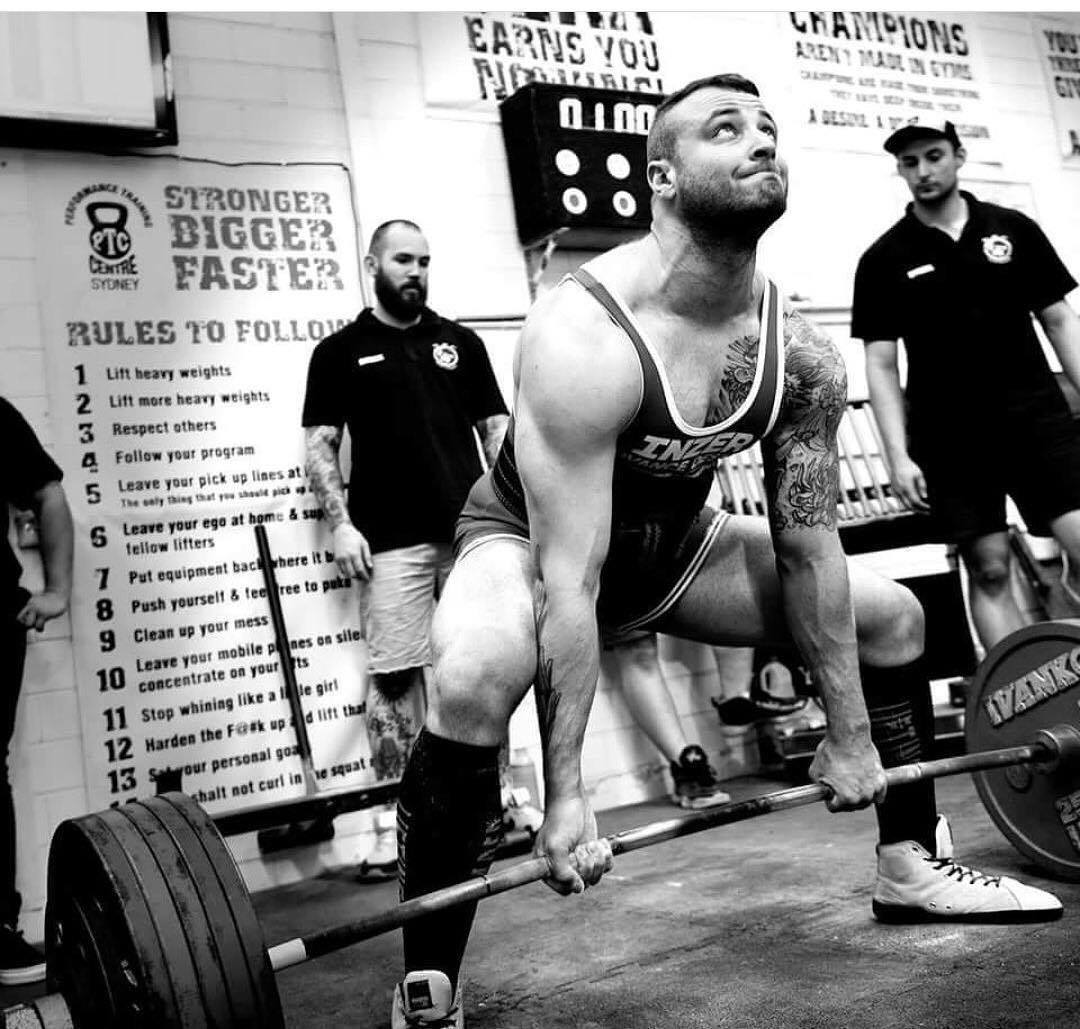Make an Appointment
Actually, this is a question we’ve heard several times from many people that visit our clinics in each case; we will do our my best to help out with the best answer we can give. Though our answers disappoint many, it often helps many get out of their weight loss rat race too.
In most of the times, our swift answer usually is “Do both. But do Weight training more!”
Yes! You can achieve a good result with weight training (or resistance training as many calls it) coupled with a good diet plan, but it is always better to incorporate both weight training and Cardio into your weight loss plan. With that, you get a better and long lasting result than having weight training alone.
“The real key to fat loss is high-intensity exercise, especially strength training — with real weights, real sweat, and real effort”
However, we also need to tell you this: either losing or gaining weight, everything starts from your kitchen. Your diet determines if you are going to be successful in the gym or you will merely be wasting efforts on the machines. You want to lose weight, then I will advise you go on a moderate calorie deficit diet plan.
Moderate calorie deficit
This simply means eating fewer calories than you burn daily. To lose body fat, you will have to work on the number of calories that enter your body daily. With eating fewer calories than you expend, your body will be forced to fall back on your stored fats to utilize it; this will help you lose fat in a healthy way. However, I will recommended ‘Moderate calorie deficit’ if you are also on increasing your muscle mass in order to keep the weight constant as you drop some fat, because if you go on a too-low calorie deficit, your body may need to start using up your muscle mass for energy which will amount to losing both fats and muscles at the same time. Am sure you won’t want that to happen. So go for the moderate calorie deficit.

You will have to calculate the base calorie requirement you need to sustain your weight per day - known as your Basal Metabolic Rate (BMR) and shave off around 200-300 calories from it. For example, if you need 2,500 calories daily to maintain your weight, you will have to consume only 2000 calories.
This is how you can know how to calculate your daily base calorie requirement:
For men: BMR = 10 × weight(kg) + 6.25 × height(cm) - 5 × age(y) + 5
For women: BMR = 10 × weight(kg) + 6.25 × height(cm) - 5 × age(y) – 161
For example, if you are a man of 40 years, weighing 90kg, and 177.8cm (5ft 10 in) tall, your BMR will be around 1,830 calories daily. So you will only need to eat around 1300 calories daily.
I’m sure you only want to lose the fats and not the muscles, therefore whatever your weight loss plan might look like, you should always bear it in mind that the maintenance of muscle mass should always be a priority over fat loss in your plan (except otherwise).
Weight training or resistance training as many calls it, offers MOST of the benefits embedded in cardio while most of the fat loss benefits of cardio can be achieved simply by reducing calorie intake.
Cardio will help you burn a good number of fats within a short period of time and during the activity while Strength training will keep your body in a state of low-fat metabolism for a longer time even long after leaving the gym.
So, what we are saying you should completely neglect cardio in your workout? No! Way far from that. You don’t have to neglect cardio totally, instead of leaving out cardio from your plan, I will advise you devise a weight loss plan that will include two programs. The first should focus more on weight with little low-intensity cardio while the other program focuses on incorporating high-intensity training and cardio into the same workout. Cycle these two approaches in 6 weeks and am sure you will start getting results.

Date Published: Tuesday, September 19, 2017
Locate a Mobile Exercise Physiology
Service Near me
Get the experience & convinence you deserve to support your or a loved one's allied health needs.
Our Mobile Exercise Physiology team are currently serving & taking appointments in the following states and regions in Australia:
Need to get into direct contact with ur Client Services team? We're all ears. Call our team directly on 1300 731 733











